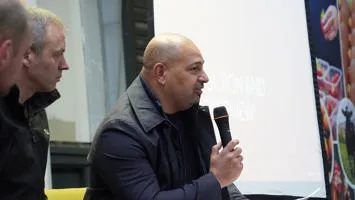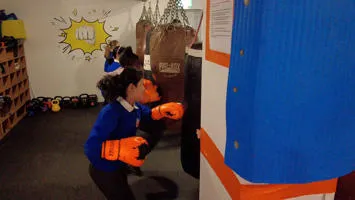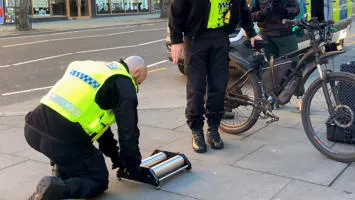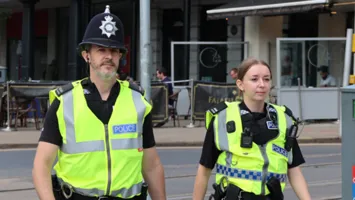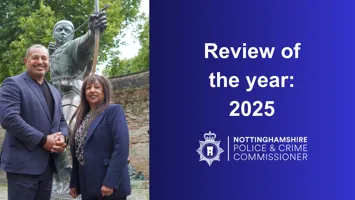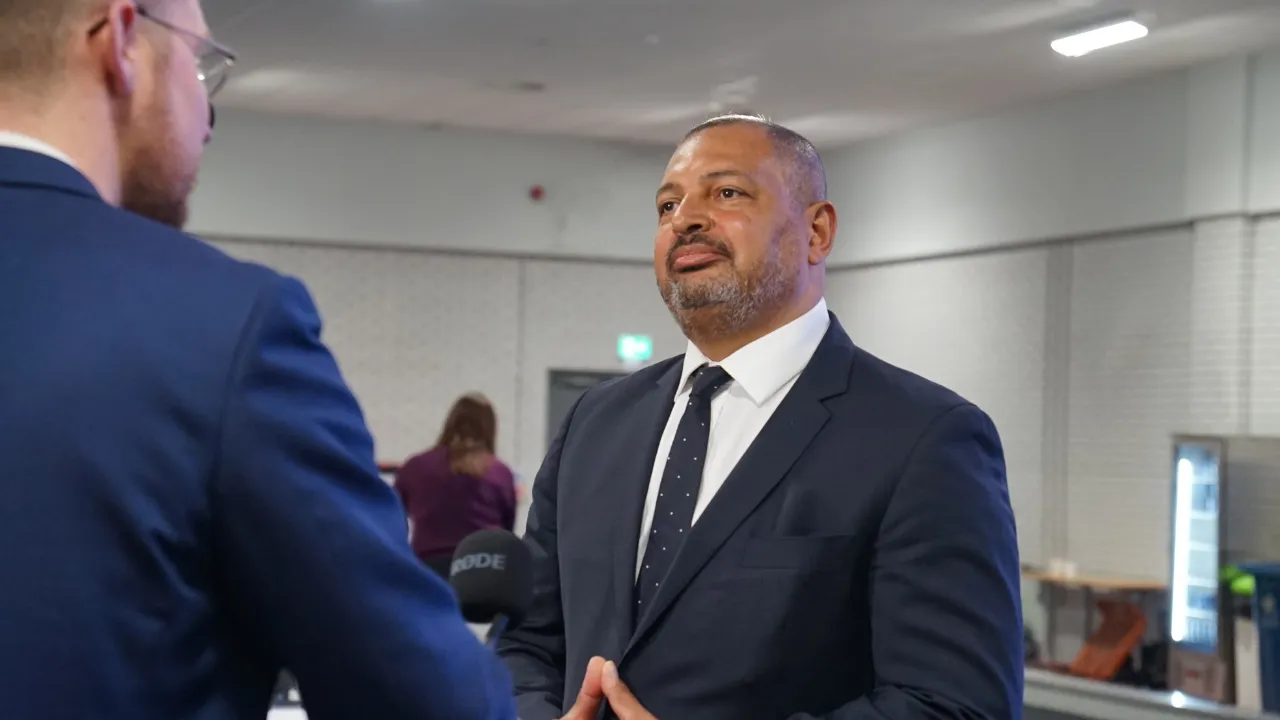
News
Keeping you up to date
Here you can find all the latest news from the Office of the Police and Crime Commissioner for Nottinghamshire.
You can also use our handy filter to narrow down news about topics you are interested or simply browse to find out what we have been doing on your behalf.
Accountability
Budget plans to see Notts retain neighbourhood policing trailblazer status
PCC Gary Godden has outlined plans to ensure Nottinghamshire Police remains a leading light in national efforts to enhance neighbourhood policing.
23 January 2026
Serious violence
Fall in number of stabbings treated at trauma centre
Police and Crime Commissioner Gary Godden has welcomed news of a sustained fall in the number of stabbings being treated by surgeons in Nottingham.
13 February 2026
Serious violence
Sport in Sneinton improving wellbeing
Young people in Sneinton are reaping the rewards of a sports-based initiative aimed at improving physical and mental wellbeing.
9 February 2026
Violence against women and girls
Jess Phillips MP praises 'triumph' of partnership working in Nottingham
The Home Office Minister for Safeguarding and Violence against Women and Girls, Jess Phillips, enjoyed a tour of Nottingham city centre this week.
30 January 2026
Rural crime
Organisations unite to tackle rural crime
Nottinghamshire PCC Gary Godden reaffirmed his commitment to protecting rural communities at a Farm Safety Event hosted by the NFU.
27 January 2026
Serious violence
Evolve programme supporting girls heading to secondary school
A programme transitioning young girls from primary to secondary school in Nottingham is leading to sustained improvements in various aspects.
21 January 2026
Antisocial behaviour
New technology helps police tackle illegal e-bikes in Nottingham city centre
Police have unveiled a new tool in their crackdown on overpowered e-bikes in Nottingham city centre.
14 January 2026
Road Safety
Multiple arrests, seizure and fines in target local roads operation
Members of the Roads Policing Unit have seized 90 vehicles and made 83 arrests during the first two months of a new enforcement operation.
12 January 2026
Assurance
Commissioner welcomes Old Market Square arrests
Nottinghamshire PCC Gary Godden has welcomed the news of more than 200 arrests in a single month in the Old Market Square area of Nottingham.
9 January 2026
Serious violence
Sport key to unlocking potential
A women-only sports initiative in Nottingham is delivering powerful, measurable change for young people.
8 January 2026
Transparency
Review of 2025
Watch this video to see some of the highlights and achievements of PCC Gary Godden and his Office in 2025.
1 January 2026


